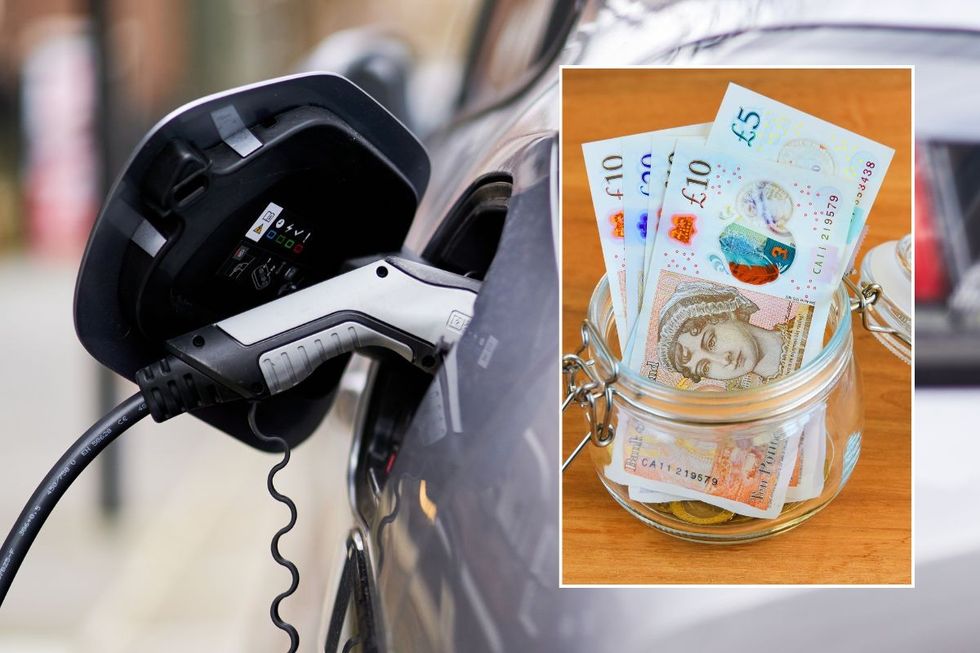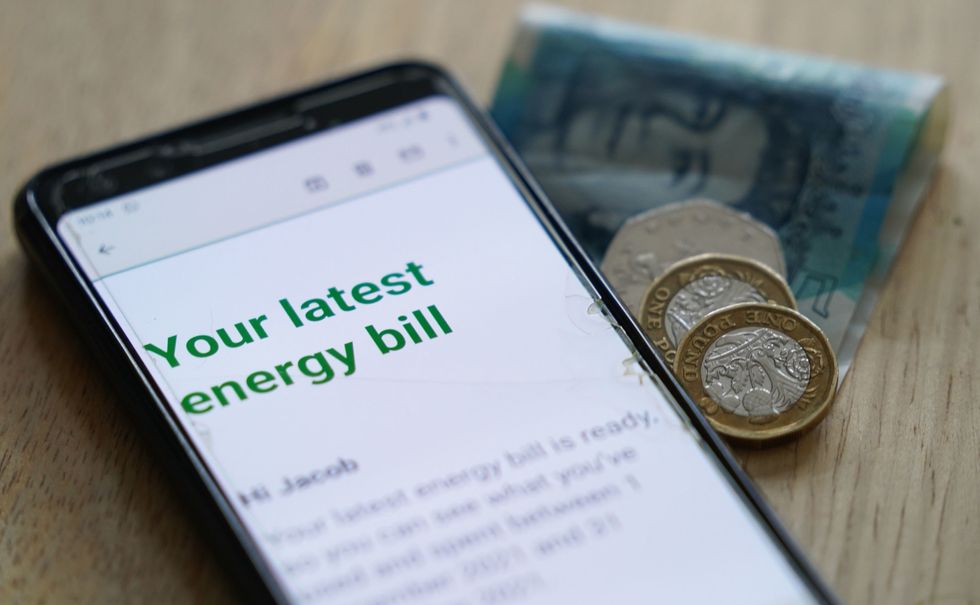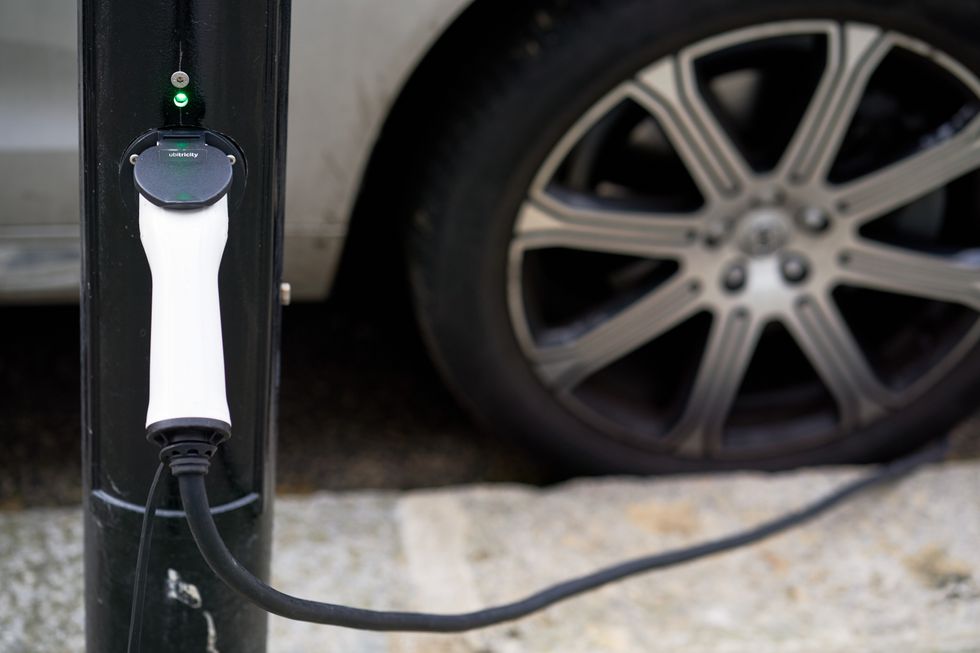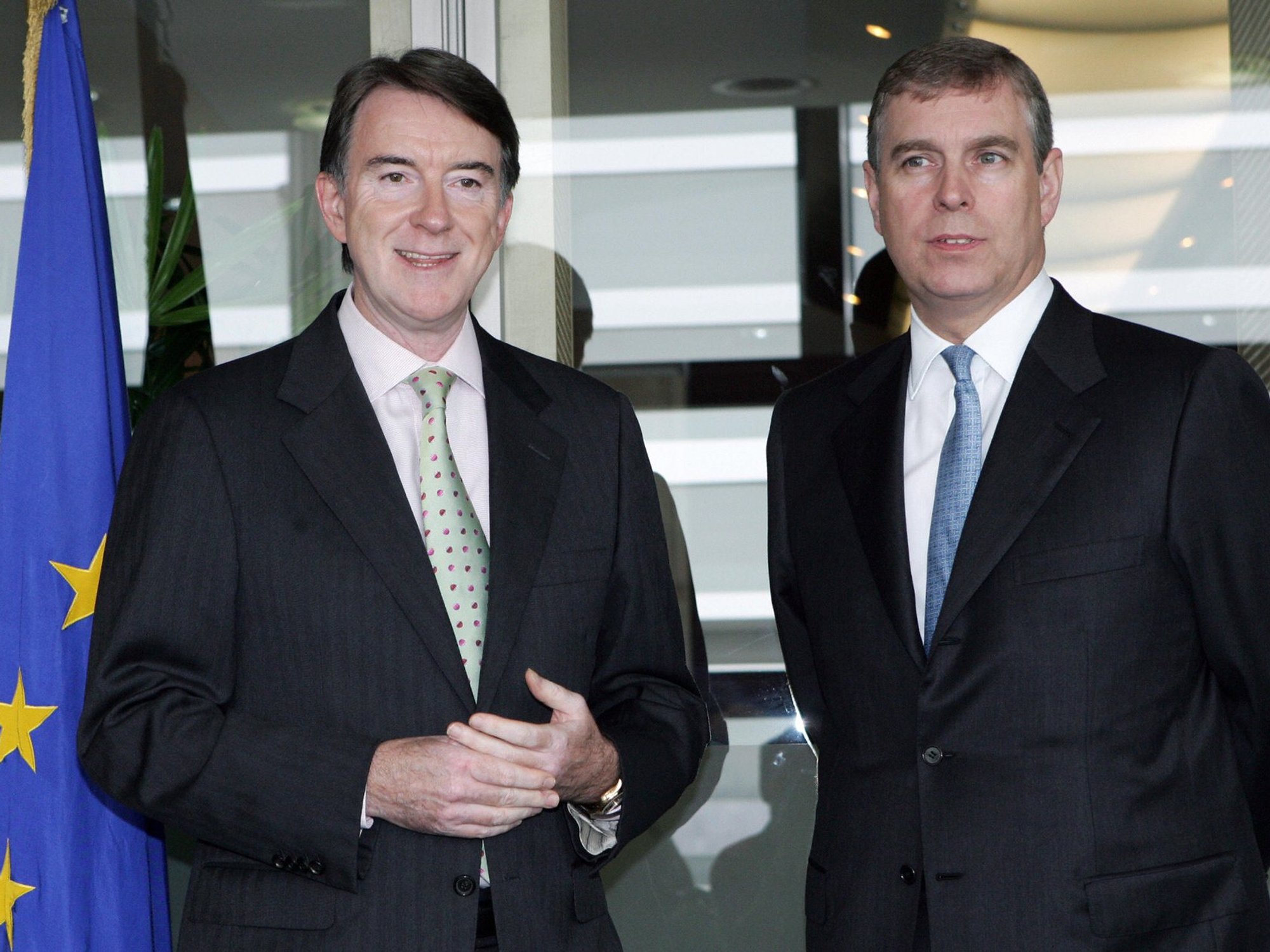Drivers set to be impacted by Ofgem energy announcement with millions facing new prices - 'Real difference'

Electric car owners will see charging prices drop by seven per cent in July
Don't Miss
Most Read
Latest
Millions of electric car drivers are set to benefit from lower charging costs following major changes in the energy price cap by Ofgem.
The new cap, which will take effect from July 1 until September 30, will reduce energy prices nationwide by seven per cent in a move welcomed across the UK.
For a typical household, it will see a reduction in energy bills of approximately £11 per month, with annual costs falling to £1,720 for those who use electricity and gas and pay by Direct Debit.
The price cap determines how much energy suppliers can charge for each unit of energy and the daily standing charge, and is reviewed every three months by the energy regulator.
Do you have a story you'd like to share? Get in touch by emailing motoring@gbnews.uk

Electric vehicles will be cheaper to charge due to the Ofgem announcement
| PAUnder the new cap, electricity rates will average 25.73p per kilowatt hour with a daily standing charge of 51.37p, while gas rates will average 6.33p per kilowatt hour with a 29.82p daily standing charge.
Electric vehicle drivers stand to gain significantly from the price cap reduction, with calculations suggesting EV drivers will collectively spend £1.7million less each month on charging their vehicles.
EV owners currently spend approximately £35million monthly on charging, but this figure is expected to drop to £33.3million from July when the new price cap takes effect.
This comes as welcome news for millions of EV drivers who have faced rising energy costs in recent years, with the move also helping address concerns about the affordability of running electric vehicles.
With the 2030 ban on new petrol and diesel cars approaching, the timing of this price decrease could provide additional incentive for drivers considering the switch to electric.
According to reports, the average cost to fully charge an electric vehicle at home will decrease from £16.21 to £15.43, representing a saving of 78p per charge. This calculation is based on a typical 60kWh battery.
The figures from Carmoola indicate that with the average at-home car charger using approximately 108kWh per month, the collective monthly spending by EV owners will drop significantly.
Most households will also see a reduction in their standing charges during this period, providing additional savings for EV owners who charge at home.
LATEST DEVELOPMENTS:
- DVSA announces new plans to tackle driving test problems offering lifeline to 1.6 million drivers
- Car finance scandal risks sparking fury as lender rejects driver complaints of harm - 'We haven't had evidence!'
- UK drivers risk being slapped with unpaid traffic fines as EU countries can request DVLA data after 'reset'

Energy bills will drop seven per cent in July
| PAAidan Rushby, founder and CEO of Carmoola, commented on the price cap decrease.
He said: "The upcoming decrease in Ofgem's energy price cap offers a welcome boost for households across the UK, especially for electric vehicle owners who charge at home.
"Reduced energy prices mean lower running costs, helping to make EV ownership more affordable as we move toward a battery-powered future."
Rushby added: "One of our recent surveys showed nearly a third of Britons were hesitant to switch to an EV due to rising energy prices, so this price drop could help change minds. With the 2030 ban on new petrol and diesel cars approaching, this is a timely opportunity to encourage more drivers to consider electric."
Rushby also advised EV owners to "take advantage of off-peak energy tariffs where possible, charging overnight can make a real difference to monthly costs."

More drivers are considering switching to an electric car if the price becomes more affordable
|PA
The decrease in energy prices has been primarily attributed to falling global wholesale costs, according to Ofgem, which, combined with changes to supplier business costs, has resulted in the price cap drop.
Ofgem will next review the energy price cap for the period from October 1 to December 31, with the new levels to be announced by August 27.











